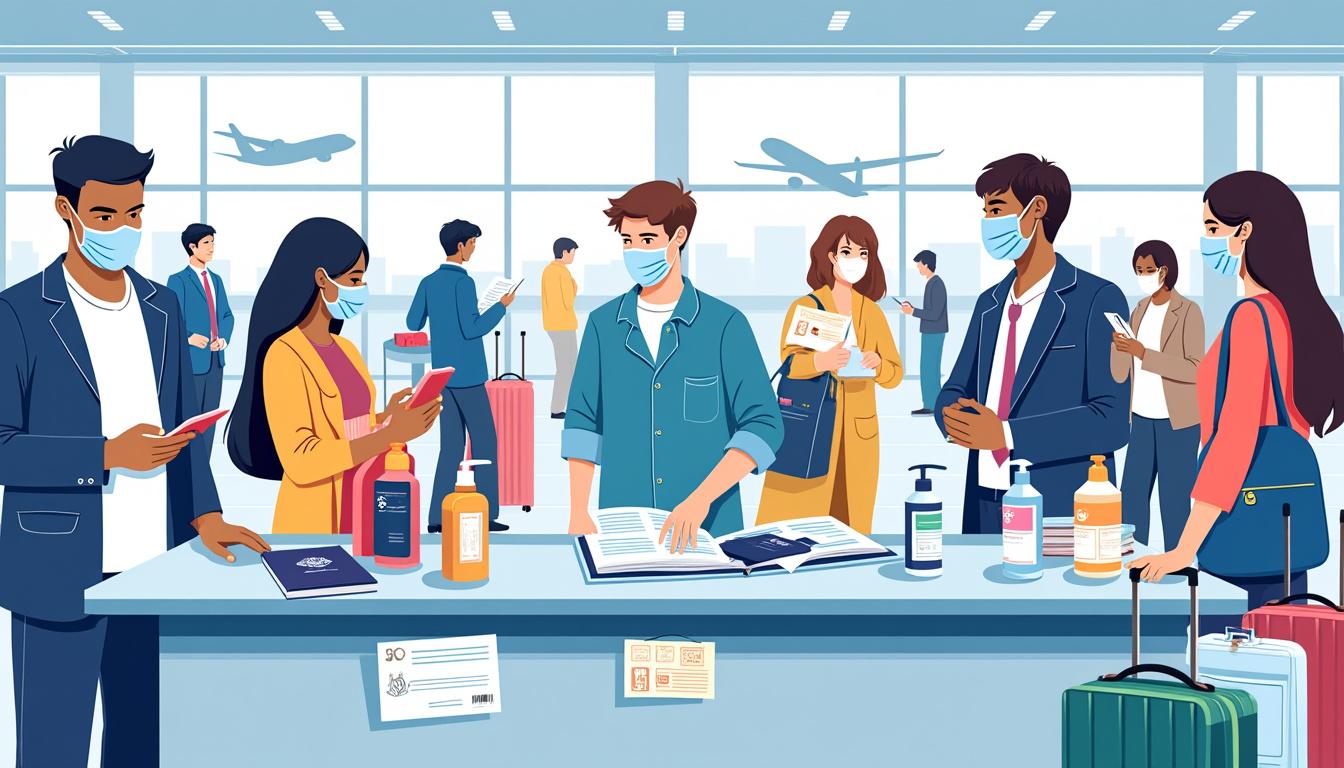Traveling enriches life with diverse experiences, but returning home to familiar surroundings can bring hidden health challenges that deserve immediate attention. Whether from bustling international cities or remote natural landscapes, travelers face unique risks that may manifest after the journey concludes. Staying vigilant through a structured Return Health Check and adopting Post-Travel Care routines are essential steps to safeguard personal well-being and prevent long-term complications.
Critical Travel Health Considerations for a Safe Return
New environments expose travelers to a spectrum of pathogens. Upon returning, recognizing symptoms linked to these exposures is pivotal. Common ailments encountered include gastrointestinal upsets, respiratory infections, and dermatological conditions—all requiring timely identification. Understanding when to seek care ensures that small issues do not escalate into health emergencies. Travelers should integrate Health Awareness into their post-trip routine to maintain wellness and protect those around them.
- Beware of persistent diarrhea, vomiting, or fatigue after traveling.
- Monitor for fever or chills which may indicate serious infections from regions visited.
- Seek prompt evaluation for new respiratory symptoms such as coughing or breathing difficulties.
- Note any unusual skin rashes or lesions and report them to healthcare professionals.
- Maintain a detailed record of travel history to assist medical assessments.
| Symptoms | Potential Causes | Recommended Action |
|---|---|---|
| Diarrhea, nausea, stomach cramps | Traveler’s diarrhea, salmonella, norovirus | Hydrate and consult healthcare if symptoms persist beyond 3 days |
| Cough, sore throat, breathing difficulty | Influenza, COVID-19, tuberculosis, legionnaires’ disease | Get tested promptly and isolate as advised |
| Fever and chills | Malaria, dengue, typhoid, chikungunya | Urgent medical evaluation required, especially after travel to endemic regions |
| Skin rashes or irritations | Hookworm, scabies, fungal infections | See a dermatologist or infectious disease specialist |
Effective Steps for Post-Trip Wellness and Health Advisory
To optimize Post-Trip Wellness, travelers should proactively engage healthcare providers with comprehensive travel details. This collaboration supports accurate diagnosis and expedites recovery. Travelers are advised to:
- Share specific itinerary details including dates and locations.
- Report all activities with possible exposure risks such as hiking in forested areas or contact with animals.
- Disclose vaccinations and use of preventive medications like malaria prophylaxis.
- Keep vaccination records up to date for future travel safety.
- Carry a travel health kit customized to personal risks and destinations.
| Information to Share with Healthcare Provider | Purpose |
|---|---|
| Travel dates and modes of transport | Detect incubation periods and exposure risks |
| Activities such as swimming, dining, or hiking | Identify possible infection vectors |
| Preventive measures utilized | Assess effectiveness and consider additional interventions |
Planning future journeys also benefits by exploring resources for health safety and preparation, such as comprehensive guides on vehicle conversion for mobile lifestyles. This Vanlife Made Easy guide offers practical advice for customizing travel spaces securely and comfortably.
Post-Travel Care Measures to Enhance Wellness Essentials and Travel Safety
Supporting the body’s ability to recover after travel also includes simple yet powerful habits. Implementing hygiene diligently, maintaining hydration, and proper nutrition all play roles in reinforcing immunity. Embracing these Wellness Essentials complements professional healthcare interventions and minimizes the impact of travel stressors.
- Practice thorough handwashing with soap regularly.
- Consume safe drinking water and avoid undercooked foods in early days post-travel.
- Rest adequately to help the immune system regenerate.
- Wear appropriate clothing to protect against insect bites if visiting endemic areas again.
- Monitor body temperature daily for at least two weeks after returning.
| Post-Travel Action | Expected Benefit |
|---|---|
| Hydration and balanced diet | Replenishes lost fluids and nutrients supporting recovery |
| Hand hygiene | Reduces risk of secondary infections |
| Monitoring for symptoms | Allows early intervention and treatment |
| Use of insect repellent | Prevents bites and potential disease transmission |
Emphasizing Reentry Health Tips Through Traveler’s Health Guide Resources
Several authoritative health organizations provide updated insights and recommendations to assist travelers during and after their trips. The CDC’s Traveler’s Health Guide in the Yellow Book remains a cornerstone resource, offering extensive information on international travel health, post-trip protocols, and disease risks tailored by destination.
- Consult official travel health notices before departure.
- Engage in post-trip health assessments to detect latent infections early.
- Utilize apps and digital tools like symptom trackers during reentry phase.
- Stay informed about changes in disease outbreaks globally that may impact returning travelers.
- Seek dedicated services such as those from the Tulsa Health Department for epidemiology support and consultations.
| Resource | Focus |
|---|---|
| CDC Traveler’s Health Yellow Book | Comprehensive post-travel health guidelines |
| Tulsa Health Department Epidemiology Program | Local travel-related health monitoring and advice |
| TravelToAdventures Vanlife Guide | Travel safety and wellness on the road |
| Travel health apps and symptom trackers | Real-time health monitoring during travel and return |
Frequently Asked Questions
- Q: When should I see a doctor after returning from overseas?
- A: Consult healthcare if experiencing persistent symptoms such as diarrhea, fever, or breathing difficulties, especially if you visited high-risk areas.
- Q: What preventive steps can I take before traveling?
- A: Obtain pre-travel consultations, vaccinations, stock a health kit, practice safe eating and hygiene habits, and familiarize yourself with destination-specific risks.
- Q: How can I differentiate normal fatigue from travel-related illness?
- A: Monitor for persistent or worsening symptoms beyond expected recovery time, and seek medical review if uncertain.
- Q: Are insect bites a concern after travel?
- A: Yes, bites can transmit diseases with delayed symptoms. Use repellents, observe for skin changes, and report abnormalities promptly.
- Q: Where can I find reliable post-travel health information?
- A: Trusted resources include the CDC Traveler’s Health Yellow Book, local health departments such as Tulsa’s, and reputable travel health websites.


